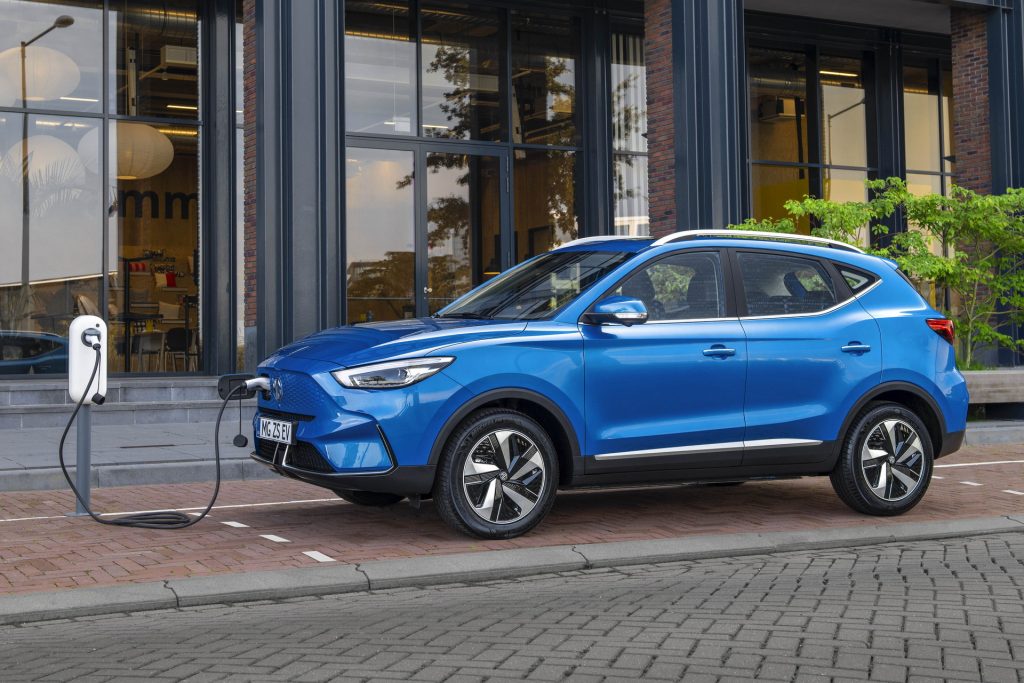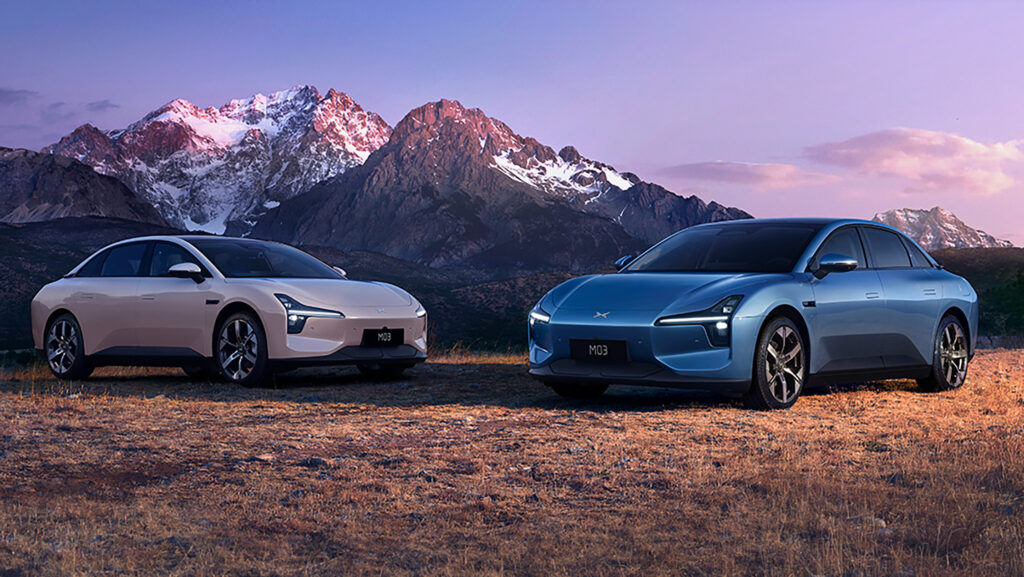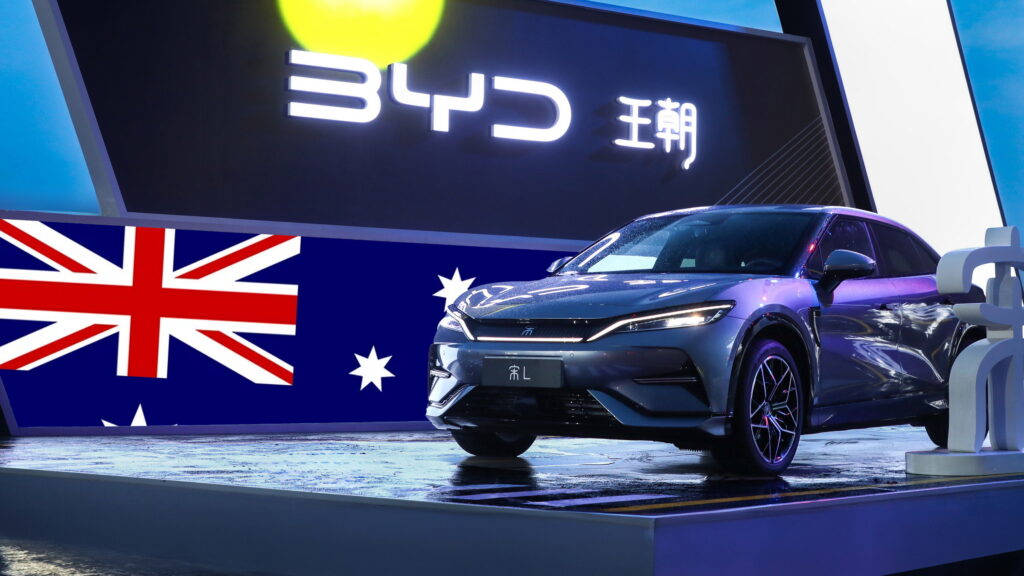- Multiple Chinese automakers are looking to do battle in Australia, thanks to growing EV demand.
- Unlike the US and the EU, Australia is unlikely to implement trade restrictions and welcomes competition.
- Tesla remains the best-selling EV Down Under, but increased Chinese competition will threaten its lead.
China needs to seek out new markets for its electric vehicles. While the country’s automakers have been seemingly locked out of the U.S., they now face additional taxes that threaten to render their offerings non-competitive in Europe
However, while the rest of the West has declared war on Chinese EVs, Australia doesn’t have such restrictions, making the country a prime target for a slew of new launches. And although the Aussie EV market has so far been dominated by Tesla, competition is already beginning to ramp up.
Read: China Has Poured Over $230 Billion Into EV Industry, Study Finds
MG, owned by CCP-affiliated SAIC, has tasted success with the ZS EV and plans to launch the PHEV MG3 and EV Cyberster in 2024. Meanwhile, BYD has also launched its own range of cars, including the Atto 3, Dolphin, and Seal, and even managed to narrowly outsell Tesla back in January. Meanwhile, XPeng, Geely, Changan, and Leapmotor all plan to enter the Australian market.
China’s dominance in the EV market is bolstered by its control over critical battery materials and its ability to produce affordable electric vehicles. The Chinese government has actively supported the EV sector, resulting in a substantial decrease in the cost of EVs domestically. This affordability makes Chinese EVs attractive in markets where cost is a significant factor for consumers.

While the US has intensified its efforts to block Chinese automakers from entering the market, the EU has proposed up to 38 percent taxes depending on the block’s assessment of government subsidies. In contrast, a spokesperson for Australia’s Federal Chamber of Automatic Industries (FCAI) said competition in the car market should be supported.
Speaking to News.com.au, the FCAI spokesperson said, “Increased competition has ensured Australians have access to a diverse range of vehicles that meet their varied lifestyles, needs and price points. The availability of Chinese-produced vehicles has enhanced consumer choice, allowing Australians to purchase cars that best fit their work, recreation, and family requirements.”
Australian demand for EVs is still growing, with 98,000 units sold in 2023, which accounts for more than half of the total Australian EV population. The government’s National Electric Vehicle Strategy also helps by incentivizing the take-up of EVs, while the Australian Renewable Energy Agency has committed $500 million to expand EV charging infrastructure.
However, Scott Dwyer, research director at the Institute for Sustainable Futures at the University of Technology Sydney, warns that the tide may change. “There is still a risk that the EV market here plateaus and slows down, as we’ve seen in more developed markets,” he said. “The challenge with that will be making sure Australia’s rollout of charging infrastructure really keeps pace or goes faster than EV sales have been.”





